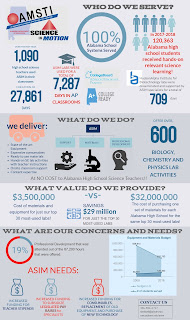Stop asking what you want to be when you grow up, please.
We live in an increasingly global society. Communication has never been faster or easier, and exposure to other countries, and cultures is available from almost any digital platform. The kids in classrooms have more worldly exposure than we ever did at their age. This exposes them to a slew of new experiences, but also highlights some problems that they may already see as something they want to address. For me, this is where the book Teaching Boldly illustrates what we should be doing as educators. To provide students with “goals and frameworks that can offer them inspiration, as well as design thinking principles that can help them devise and implement actions” (Williams, 2020, p.1). So many students begin to see the classroom as an obstacle between them and what they want to do in life, but we need to establish a classroom that shows them that they can use what they learn in class, and what they do in class to go achieve their dreams, and solve the problems that they want solved. T


